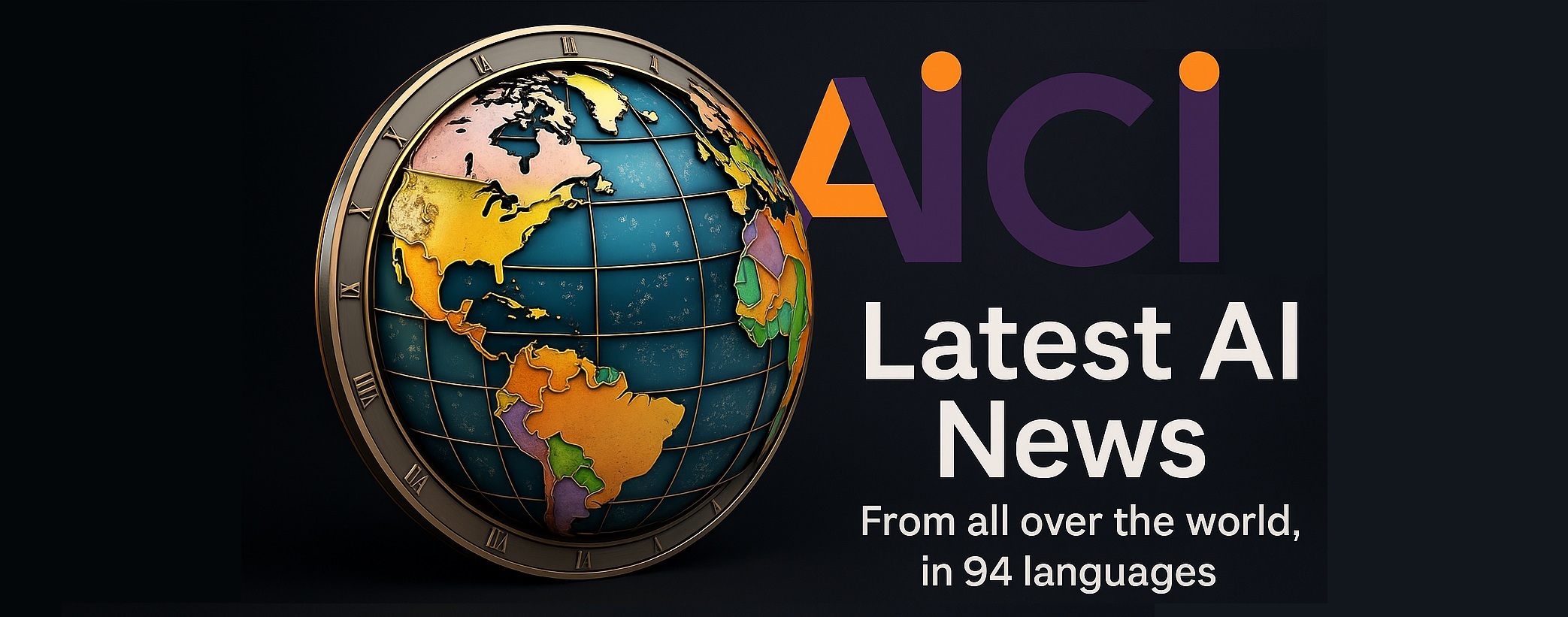July 28, 2025 - The 2025 World AI Conference in Shanghai has unveiled groundbreaking advancements in robotics and modular AI systems, drawing global attention to China’s growing influence in artificial intelligence. The event featured demonstrations of humanoid robots performing tasks like serving popcorn and beverages, alongside Tencent’s Tairos platform, an open-source modular embodied intelligence system designed for real-world applications. These developments highlight the rapid convergence of AI with physical infrastructure, reshaping industries from hospitality to logistics.
Technical details revealed that Tairos enables developers to integrate AI capabilities into physical devices through a unified framework, reducing development time for embodied AI solutions. A Tencent spokesperson explained: “Tairos represents our commitment to democratizing access to advanced AI tools, empowering innovators worldwide to build smarter, more adaptive systems.” The platform’s modular design allows seamless integration with existing hardware, addressing a critical gap in current AI infrastructure.
This showcase aligns with broader trends of AI-driven automation and the race for global technological leadership. As nations compete to establish AI governance frameworks, events like this conference underscore the importance of collaboration in advancing ethical and practical applications. The integration of AI into physical systems also raises questions about workforce adaptation and regulatory oversight, particularly in sectors like healthcare and transportation.
Our view: While these advancements demonstrate impressive technical prowess, their societal impact hinges on equitable access and rigorous safety protocols. The emphasis on modular systems like Tairos could democratize AI development but risks exacerbating existing disparities if adoption remains concentrated in tech hubs. Policymakers must prioritize inclusive frameworks that balance innovation with ethical considerations.

Be the first to comment!